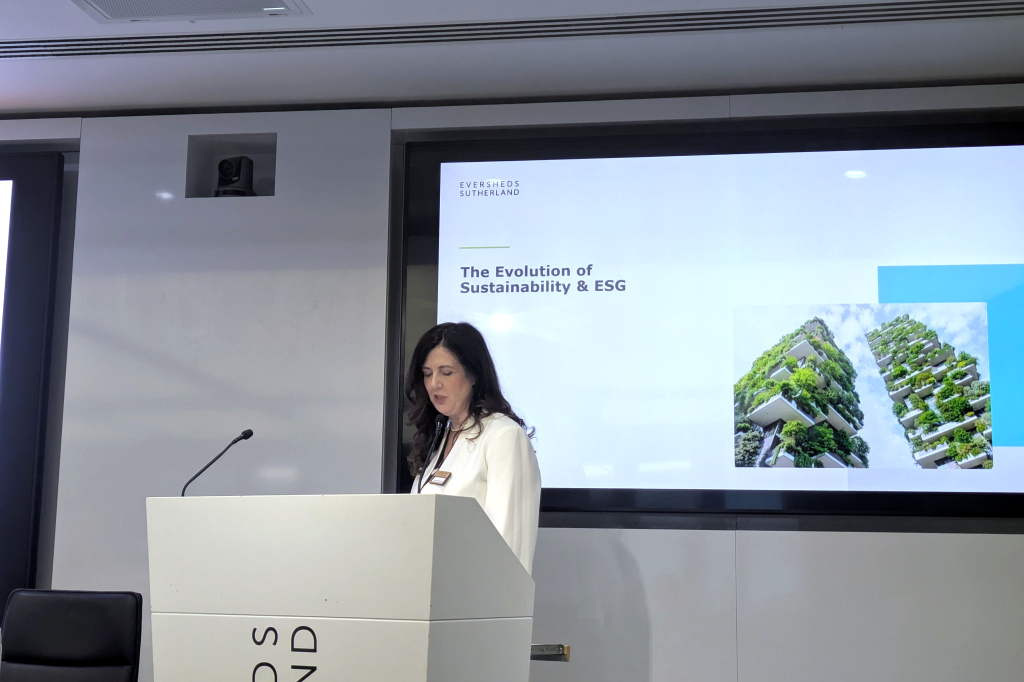The mood on responsible investment at the 16th in-person conference held by PRI (Principles for Responsible Investment) was overwhelmingly positive, whilst acknowledging the challenging geopolitical backdrop for ESG.
PRI is gearing up for its 20th year (2026), and the event attracted delegates from across the globe to Toronto from October 8-10.
Register for free to keep reading
To continue reading this article and unlock full access to GRIP, register now. You’ll enjoy free access to all content until our subscription service launches in early 2026.
- Unlimited access to industry insights
- Stay on top of key rules and regulatory changes with our Rules Navigator
- Ad-free experience with no distractions
- Regular podcasts from trusted external experts
- Fresh compliance and regulatory content every day













